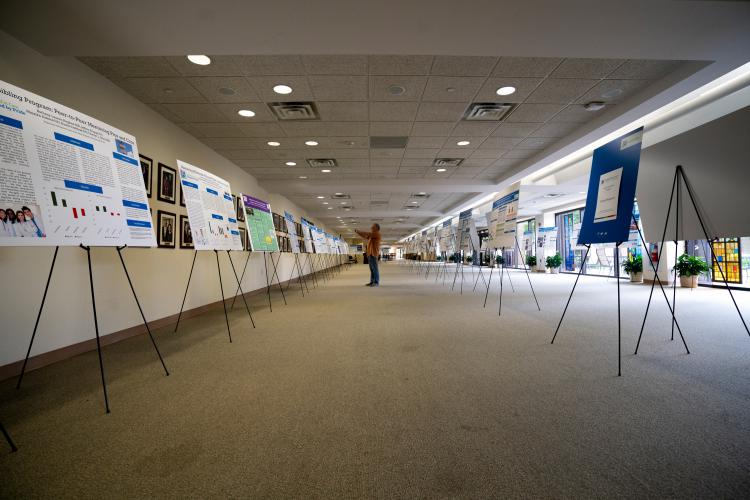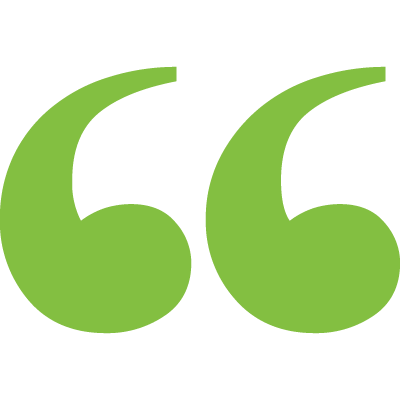
For the last decade, the JPS Health Network Research Symposium has grown in size and depth every year.
Melissa Acosta, Ph.D., Director of the Office of Clinical Research at the health network, said organizers and participants weren’t about to let current social distancing standards due to COVID-19 disrupt that positive momentum. The June 5, 2020 edition of the symposium, which will focus on healthcare inequities and how to eliminate them, will go online. It’s a move she hopes will pave the way for even more growth in the future.
“A lot of times when meeting on online platforms, more people are able to attend because they can drop in from wherever they are,” Acosta said. “We’re hoping that will be the case with the research symposium this year. Because it will be available online, people can participate live – or they can tune in later. In that way, we could reach a much broader audience than we have before.”
Medical researchers from JPS and its partners spend a year or more diving deep into topics to find the causes of complicated medical issues and search for solutions to the problems. They’re eager to not only present their findings but to learn from their peers. In 2019, about 100 research posters were presented at the symposium. This year, that number will rise to about 140. Organizers hope to reach the 200 mark in a 2021 research symposium that will likely be the best of both worlds: one that is performed in front of a live audience and beamed out via the internet to scholars and medical professionals around the globe.

Doing this now is even more necessary with COVID-19 happening. We have to continue the conversation of health equity. It’s important. Scholarship is important.

Dr. Tricia Elliott, Senior Vice President, Medical Research and Academic Affairs, said the middle of an international pandemic might seem like a good time to step back from things and either scale back or shutter operations for a year. But, in the medical field, this is the time to be bold and innovative.
“What is critical right now is that we need to keep the momentum going,” Elliott said. “We need to make sure this continues to happen, even in the midst of a pandemic. Shifting to this virtual model will allow us to keep the momentum going and help us innovate for the future.
“Doing this now is even more necessary with COVID-19 happening,” Elliott continued. “We have to continue the conversation of health equity. The Research and Academic Affairs teams had to make a tough decision if the symposium should move forward. But it’s important. Scholarship is important.”
Mirsada Serdarevic, Ph.D., put together a presentation on the complications intravenous drug users face when seeking treatment for Hepatitis C. She said it’s going to be a little bit different, presenting her findings in isolation. But she’s excited for the potential to reach more people than she would have in the traditional format.
“It’s very cool when you think about disseminating the information we’ve collected,” Serdarevic said. “People you would never have reached because they couldn’t attend in person now have a chance to see it. The impact could be quite great.”
Afiba Agovi, Ph.D., Assistant Member Center for Outcomes Research, said the changes forced her to rethink how she presents information. But, in the end, the reward will be worth the extra effort.
“When you are in a room full of people, you feed off that energy,” Agovi said. “So, it’s definitely different. Even though you’re potentially reaching more people, you have to work a little harder to make it exciting so your personality comes through. I’ve been practicing to try to keep people engaged.”
Still, the experience is something that will help presenters in the future, Agovi believes.
“Most of our conferences are moving to a hybrid model,” Agovi said. “I think that’s how it’s going to be from now on. Some people will attend in person, but you’ll also be able to tune in virtually. One of the problems we have in disseminating information is reaching the audience, so this will be a great new tool for that.”
“The team did a remarkable job bringing everything together in such a short period of time,” Elliott said. “It’s definitely evolved. Everyone is so excited about the new format. That definitely played into helping make it even more successful this year.”
The Research Symposium begins at 9:30 a.m. on Friday, June 5, with opening remarks by Elliott and JPS President and CEO Robert Earley. They will be followed by keynote speaker Dr. Velma Scantlebury, the first African-American female transplant surgeon in the United States and judging of research presentations.
To attend the 2020 Research Symposium, go to https://airtable.com/shrLEcjAJvCesXPKU and fill out the brief registration form. More information about the symposium can be found here: www.jpshealthnet.org/research2020
